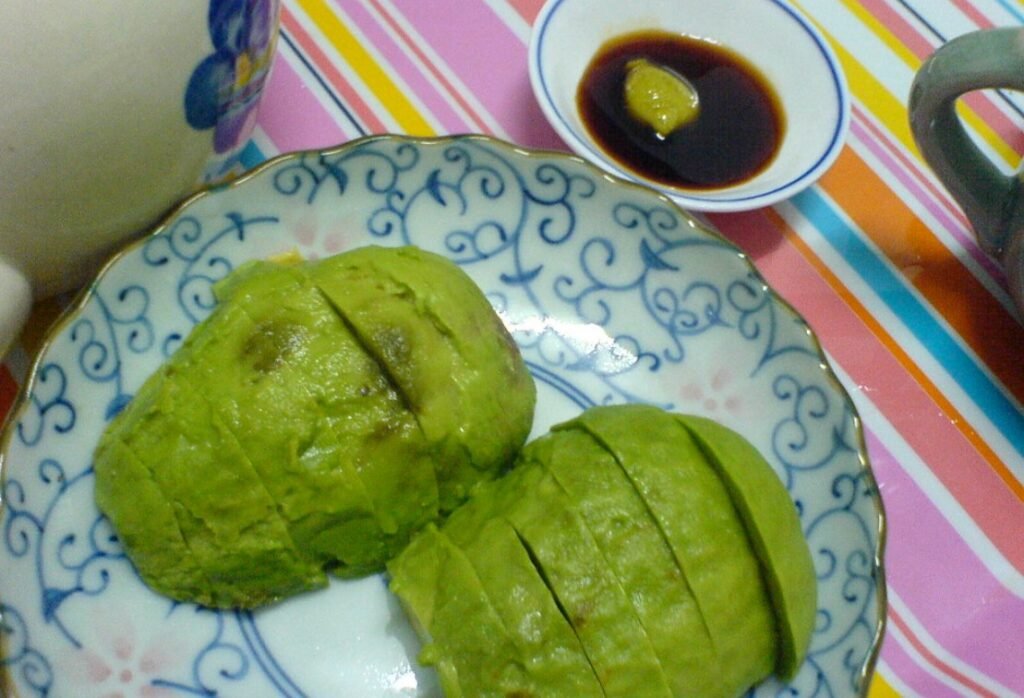Wasabi, the green paste that adds a fiery kick to sushi, may also have a surprising benefit for your brain. A new study from Japan has found that consuming wasabi daily can improve memory and cognitive function in older adults.
The study, published in the journal Nutrients, involved 72 healthy adults aged 60 and above, who were randomly assigned to take either a wasabi tablet or a placebo tablet once a day for 12 weeks. The wasabi tablet contained 6-MSITC, a bioactive compound that has antioxidant and anti-inflammatory properties.
The researchers tested the participants’ cognitive abilities before and after the intervention, using various measures of memory, reasoning, attention, and processing speed. They found that the wasabi group showed significant improvements in their episodic memory (the ability to recall past events) and working memory (the ability to hold and manipulate information temporarily), compared to the placebo group. The wasabi group also scored higher than the placebo group in overall cognitive performance.
The researchers speculated that the wasabi compound may have a positive effect on the hippocampus, a brain region that is crucial for memory formation and consolidation. They also suggested that the wasabi may help protect the brain from oxidative stress and inflammation, which are known to contribute to cognitive decline and dementia.

Wasabi: A Traditional Japanese Spice with Health Benefits
Wasabi, also known as Japanese horseradish, is a plant that belongs to the Brassicaceae family, which includes cabbage, broccoli, and mustard. It has a pungent taste and aroma, and is often served with sushi, sashimi, and noodles in Japanese cuisine.
Wasabi has been used for centuries in Japan as a condiment and a medicine. It is believed to have antibacterial, antifungal, and anticancer effects, as well as to stimulate appetite, digestion, and blood circulation. It is also rich in vitamin C, calcium, potassium, and dietary fiber.
However, wasabi is not easy to grow and harvest, and is often adulterated or substituted with other ingredients, such as horseradish, mustard, and green dye. Therefore, it is important to check the label and ingredients of wasabi products, and to look for authentic wasabi that contains 6-MSITC, the key compound for cognitive benefits.
How to Incorporate Wasabi into Your Diet
If you want to spice up your memory and cognition, you may want to try adding some wasabi to your diet. Here are some tips and ideas on how to do so:
- Start with a small amount of wasabi, as it can be very hot and irritating to your nose and mouth. You can adjust the amount according to your preference and tolerance.
- Use fresh wasabi if possible, as it has more flavor and potency than dried or powdered wasabi. You can grate the wasabi root with a fine grater, or buy ready-made wasabi paste from a reputable source.
- Add wasabi to your sushi, sashimi, or other seafood dishes, as it can enhance the taste and freshness of the fish, and also prevent food poisoning by killing bacteria.
- Mix wasabi with soy sauce, vinegar, or mayonnaise, and use it as a dressing, dip, or sauce for salads, vegetables, noodles, or meat.
- Sprinkle wasabi powder or flakes over popcorn, chips, or nuts, for a spicy and crunchy snack.
- Make wasabi tea by steeping wasabi powder or paste in hot water, and adding honey or lemon for flavor. This can help clear your sinuses, soothe your throat, and boost your immunity.
However, be careful not to consume too much wasabi, as it can cause side effects such as stomach upset, diarrhea, or allergic reactions. Also, consult your doctor before taking wasabi supplements, especially if you have a medical condition or are taking any medication.
Wasabi is not only a delicious and versatile spice, but also a potential memory booster. By adding some wasabi to your daily diet, you may be able to improve your cognitive function and prevent age-related decline. Just remember to use it in moderation and enjoy its benefits.
